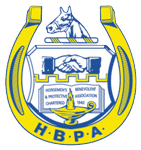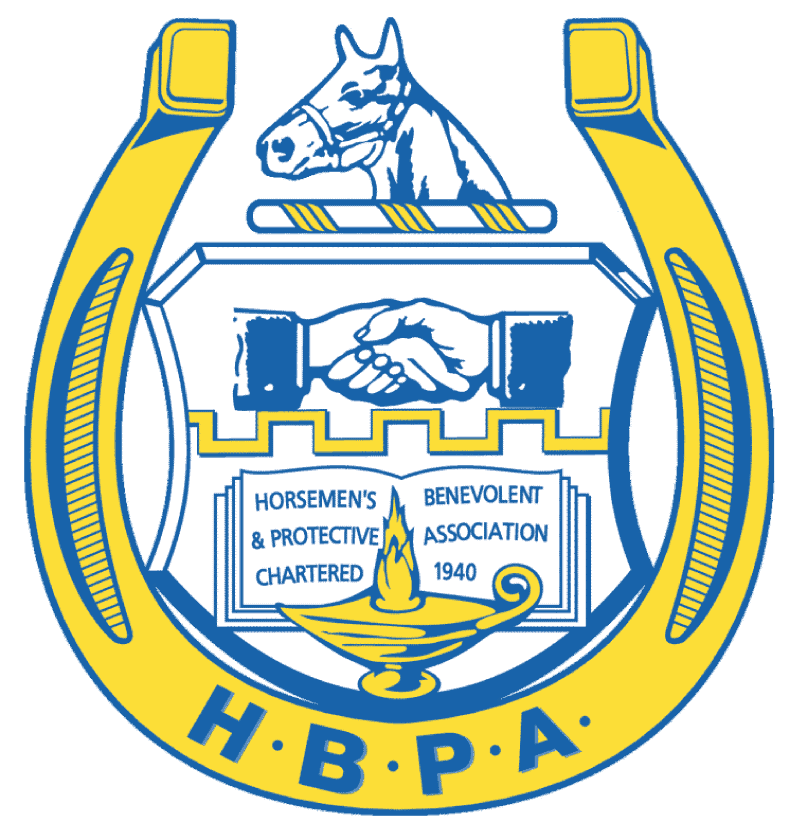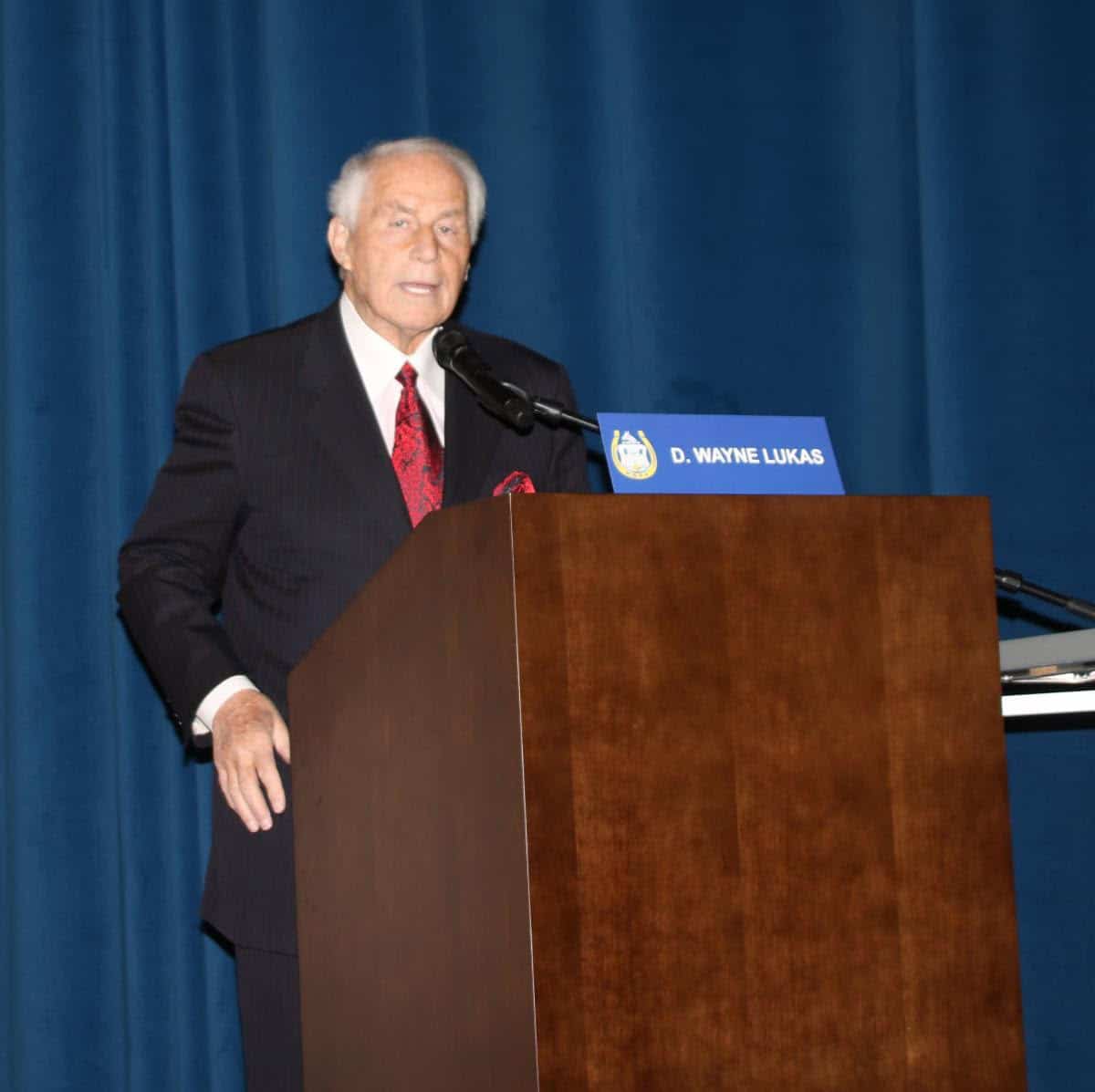KHRC Delays Action on Medication Rules
Blood-Horse
The Kentucky Horse Racing Commission on June 29 delayed taking a vote on proposed rules on medication testing, withdrawal guidelines, and disciplinary measures and penalties that included rules on the mineral cobalt.
KHRC chairman Bob Beck said the proposals needed more work and will now be sent back to the Kentucky Equine Drug Research Council (KEDRC) for additional consideration.
Commissioner Ned Bonnie said he had concerns about parts of the recommended rules dealing with records maintained by veterinarians and shock-wave therapy.
The KEDRC voted last month to recommend a Class B penalty when horses test above 50 parts per billion of cobalt in blood; and lesser penalties, ranging from a warning to a $500 fine for the trainer, when a horse tests between 25-50 parts per billion for the mineral that occurs naturally in horses but has been abused in recent years.
KHRC equine medical director Dr. Mary Scollay said during KEDRC meeting the performance-enhancing effects of cobalt are still being studied, but she noted that the policies being recommended are to protect the welfare of the horse. Scollay said there’s no reason to give high levels of cobalt to horses.
The KEDRC makes policy recommendations to the KHRC.
The commission met in closed session but also did not take any action on proposed changes to its drug classification schedule.
During the executive session, KHRC chairman Bob Beck said the regulatory body discussed a recent court ruling overturning the one-year suspension of trainer Daniel Werre following a positive post-race test for the medication levamisole, a Class A prohibited substance under Kentucky regulations. (See story)
In his ruling, U.S. Circuit Judge Phillip Shepherd noted the Uniform Drug, Medication, and Substance Classification Schedule for Kentucky racing defines Class A substances as “drugs that have no legitimate therapeutic indication in the equine athlete and have not been approved for use by the U.S. Food and Drug Administration. Levamisole has a therapeutic use and is FDA approved.”
Shepherd said the court is not convinced “by the KHRC’s argument that the portion of the schedule defining a Class A substance is ‘prefatory’ or ‘descriptive’ language” and that the classification of levamisole as a Class A substance is “arbitrary and capricious.”
According to the court records, levamisole was reclassified from a Class B substance to Class A drug on or about Sept. 4, 2012, and the Dec. 18, 2012, initial report from the KHRC identifying the positive in Voodoo Doctor described it as a Class B substance. A second report on Dec. 21 was identical to the first, with the exception levamisole was classified as a Class A.
Beck said the commission had not decided whether to appeal Shepherd’s ruling.
In other action, the commission approved two races on Sept. 5 at Kentucky Downs for steeplechasers. The Franklin, Ky., track that initially opened as a track that conducted only steeplechase racing but has since become a turf-only flat racing venue, will have a non-wagering race over jumps and a flat race for horses that have previously competed over jumps for which wagering will be permitted.
The KHRC also approved an additional 52 historical racing wagering terminals at Ellis Park, bringing to 179 the number of machines that are modeled after the Instant Racing electronic machines.





